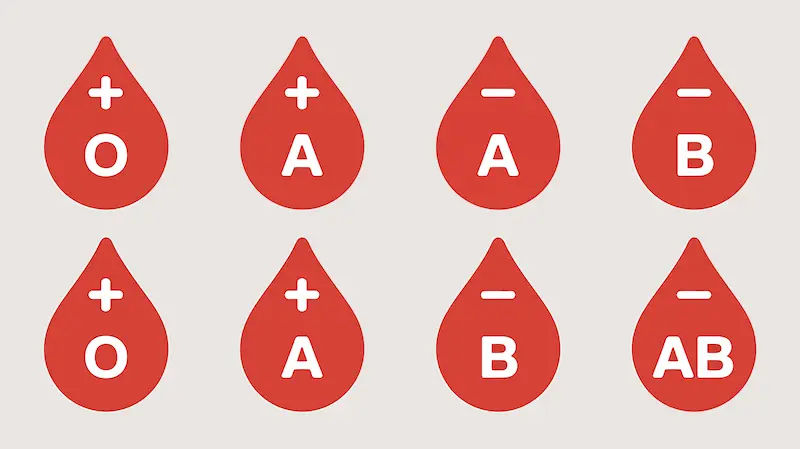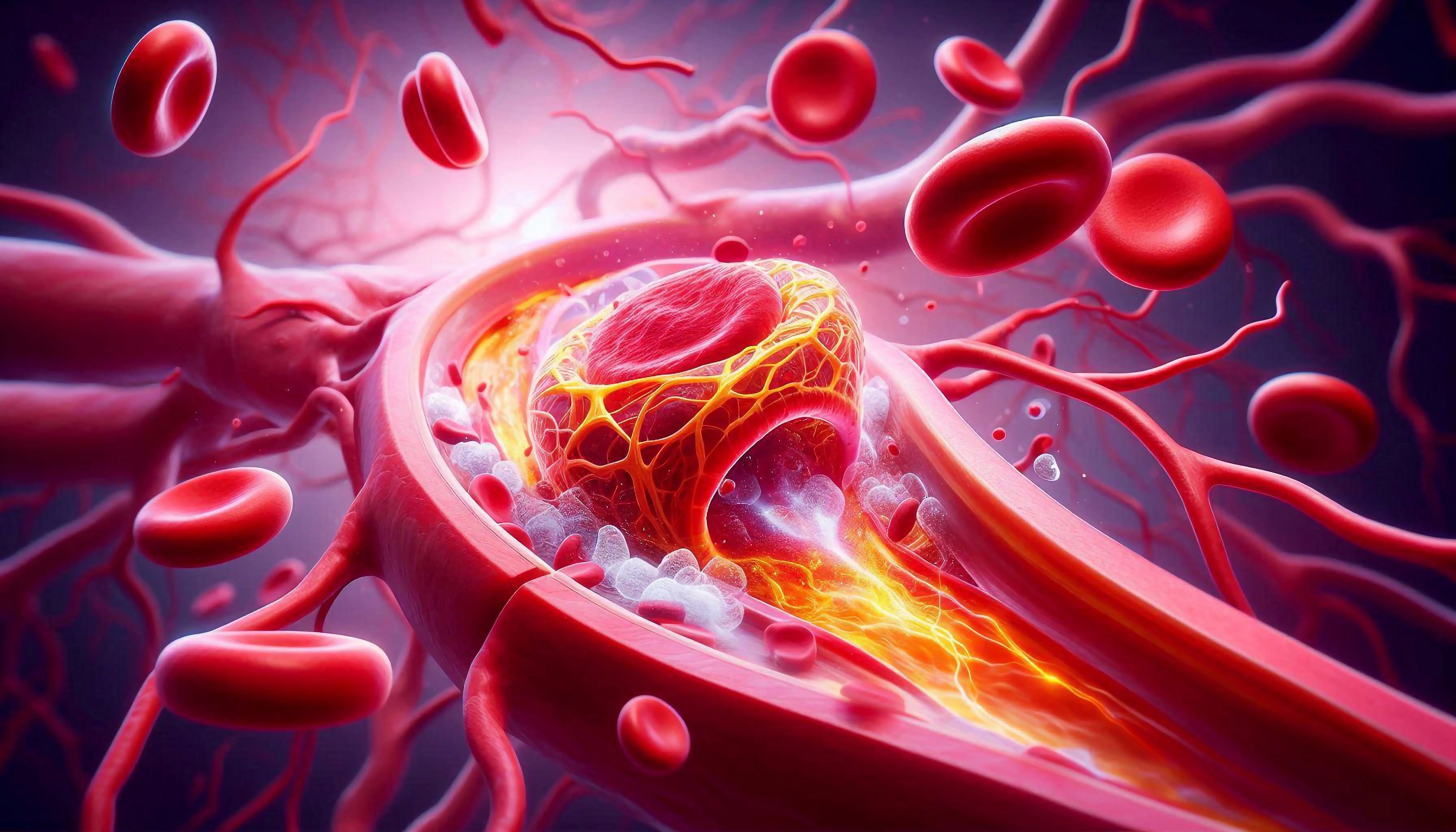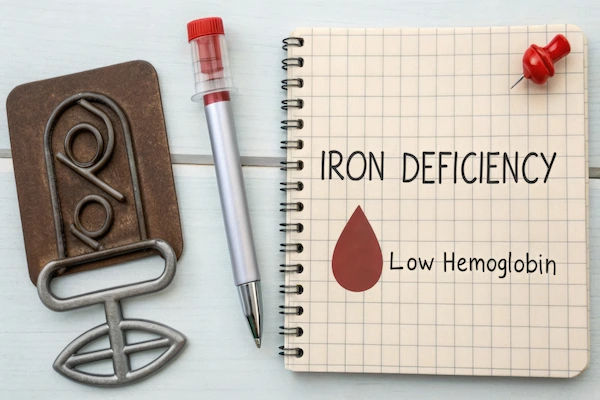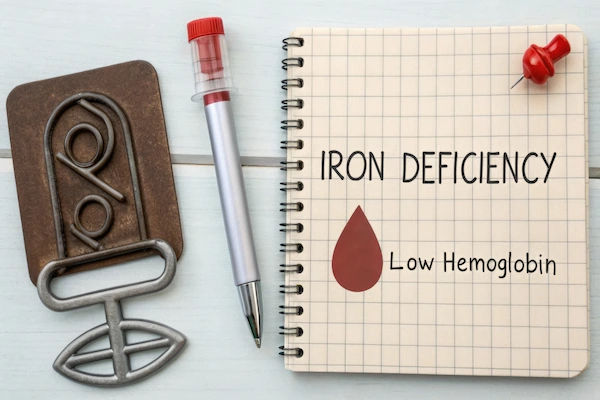- female
- 30 Years
- 20/02/2025
I've been dealing with hair loss since I was 23 and recently discovered it's due to hypothyroidism. I'm currently getting homeopathy treatment, which has helped a bit, but the hair loss won't stop. I don't have PCOD, PCOS, scalp issues, or dandruff, so those aren't the problems. My doctor mentioned it could be an iron deficiency, so I started some meds they suggested. My hemoglobin went up, but my serum ferritin is still pretty lowit's been stuck around 16 to 24 over the past year, even with me eating red meat and other iron-rich foods. It's frustrating because Im getting married soon and don't want this stress hanging over me. Any idea who I should see about getting my serum ferritin levels up? Your advice would mean a lot.
Answered by 1 Apollo Doctors
Hair fall can be due to various reasons.Hormonal,genetics ,stress,scalp conditions etc.if your hair fall is excessive consult a dermatologist or a trichologist to get more tailored treatments for your needs.
Dr. Mubarak Suggests...
Consult a Haematologist
Answered 04/07/2025
0
0


Ask Apollo
AI powered Health Chatbot
-
Understanding the Link Between Hypothyroidism, Iron Deficiency, and Hair Loss
- Hypothyroidism can lead to hair loss, and low serum ferritin (iron storage) can worsen it.
-
Importance of Addressing Low Serum Ferritin
- Improving serum ferritin is crucial for hair regrowth and overall health.
-
Which Specialist to Consult
- See an endocrinologist for thyroid and iron evaluation.
- Consult a hematologist if iron deficiency anemia is suspected.
- A dermatologist can help manage hair loss and coordinate care.
-
Diagnostic Tests and Treatment Options
- Tests: Complete blood count, serum ferritin, thyroid function tests.
- Treatments: Iron supplements, dietary advice, thyroid medication optimization.
-
Coordinating Care and Follow-up
- Regular monitoring of thyroid and iron levels is important.
- Multidisciplinary care can improve outcomes.
-
Additional Tips for Hair Care
- Use gentle hair care practices to minimize further hair loss.
Recommended next steps
Consult a Endocrinologist or Take a CBC Test (Complete Blood Count) Test
Answered 10/09/2025
0
0
More Haematology Health Queries
View allI'm worried about my mom. She recently had a procedure for a blockage in her left hand and she's been prescribed acitrome as a blood thinner. Her periods are really heavy though, and the doctor suggested using sevista to help stop the bleeding temporarily. Can she really take sevista with acitrome? I'm a bit anxious about mixing the two medications. What should we watch out for?
take tab inderal 10 mg for another 6 months and then stop gradually..
Answered by 1 Apollo Doctors
I'm really concerned about my mom who's 62. She doesn't have a fever or any other symptoms, but her platelet count dropped to 44k even though she tested negative for the NS1 Ag dengue test. Her doctor started her on 30mg of steroids, and her platelet count is now up to 87k. I'm worried about whether her bone marrow might not be working properly. Could it be possible that only her platelets are affected if her RBC and WBC levels are normal?
all are same
Answered by 1 Apollo Doctors
I've just gotten my blood test results back, and everything looks normal except for a high level of plateletcrit, sitting at 3.30 mLL. I don't have any other symptoms right now, but should I be concerned about this? What could it mean, and is there something specific I should do or look out for?
its normal finding
Answered by 1 Apollo Doctors
Disclaimer: Answers on Apollo 247 are not intended to replace your doctor advice. Always seek help of a professional doctor in case of an medical emergency or ailment.





